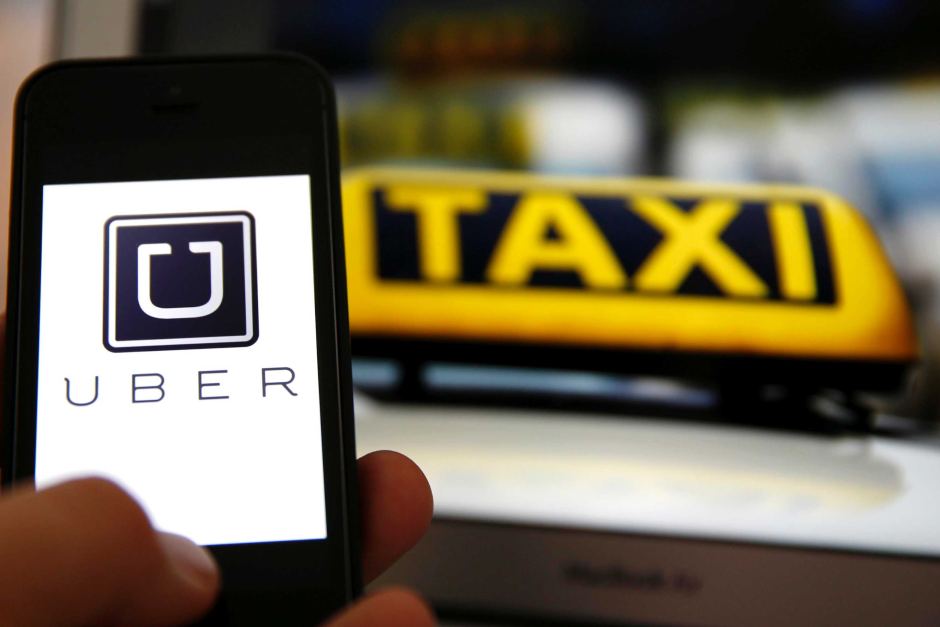
15 May The Sharing Economy & Tax
What is the sharing economy?
What’s mine is yours, for a fee. Just as peer-to-peer businesses like eBay allow anyone to become a retailer, sharing sites let individuals act as an ad hoc taxi service, car-hire firm or boutique hotel as and when it suits them. Just go online or download an app. The model works for items that are expensive to buy and are widely owned by people who do not make full use of them. Bedrooms and cars are the most obvious examples, but you can also rent camping spaces in Sweden, fields in Australia and washing machines in France.
Why sharing economy is raising?
The core of the sharing economy is people renting things from each other. Such “collaborative consumption” is a good thing for several obvious reasons. Owners make money from underused assets. Renters, meanwhile, pay less than they would if they bought the item themselves, or turned to a traditional provider such as a hotel or car-hire firm. And there are environmental benefits, too: i.e. renting a car when you need it, rather than owning one, means fewer cars are required and fewer resources must be devoted to making them.
What are popular sharing economy services today?
Popular services include:
- renting out a room or a whole house or unit for a short-time basis, for example Airbnb and Stayz
- providing ‘ride-sourcing’ services for a fare (considered to be taxi travel for GST purposes) such as Uber, SheSafe, Shebah and GoCatch
- providing personal services, including creative or professional services like graphic design, creating websites, or odd jobs like deliveries and furniture assembly, for example Airtasker, Mad Paws and Deliveroo
- renting out a car parking space, for example Parkhound and Spacer
What are your tax considerations?
If you provide goods or services through any of them you need to consider how income tax, the goods and services tax (GST) or any other tax applies to your earnings. You would need to consider the followings:
- do you carry on an enterprise?
- do you need an ABN?
- do you need to register for GST and lodge activity statement?
- does your goods or services include GST?
- do you need to provide tax invoices for your customers?
- if and when you need to provide tax invoices for your sales of goods or services?
- what income to declare in your income tax return?
- what deductions or GST credits you may be entitle to claim?
- how your sharing economy activities added together affect your income tax and GST obligations?
- what sort of records keeping you need?
What income do you need to declare?
The most typical types of income are income earned from performing services for a fee and earning short-term or long -term rent from a property or part of a property that you own or leasing. What can be included as your assessable income are:
- income earned from performing services for a fee, such as ride sourcing, food delivery, tasking or other services arranged through a sharing economy platform
- earning short-term or long-term rent from a property or part of a property that you own or lease, such as your home, a rental property or a parking space
- income from sharing other forms of property, such as a motor vehicle or caravan
- income received from carrying on a business arranged or facilitated through a sharing economy platform.
What sort of deductions you can claim?
You are entitled to claim income tax deductions associated with income you earn. Any fees or commission charged by a sharing economy facilitator can be claimed as a deduction. Other deductions will depend on the goods or services you are providing.
- you must have spent the money and not been reimbursed
- the costs must relate to doing your job and can’t be a private expense (such as travel from home to the job)
- work out how much of the total expense is for your business and how much for personal use
- you must keep appropriate records to prove your claim.
If you are a Uber driver, Airbnb renter or Airtasker, and not sure what to do with your tax affairs? Please do not hesitate to contact us on (08) 8423 4578.

